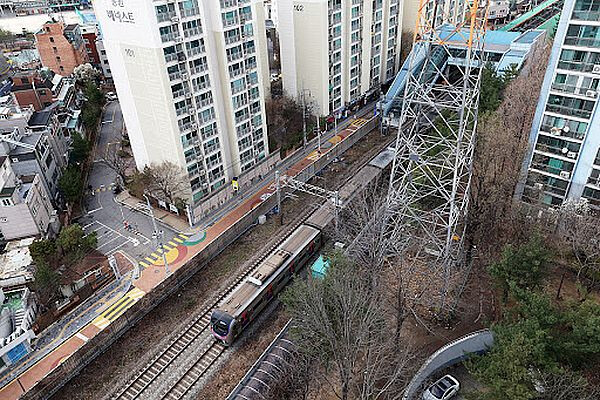
Seoul, South Korea – Despite the dawn of a new year, political uncertainty in South Korea continues to cast a long shadow over the nation, particularly on its real estate market. The intricate relationship between government policies and the property market means that homeownership dreams and investment prospects could fluctuate wildly depending on the political landscape.
An analysis of large-scale real estate data has revealed potential policy directions and their corresponding market impacts under various political scenarios. Additionally, the study has identified real estate opportunities that are relatively less susceptible to political risks.
Key Takeaways from the Analysis:
Political Polarization and Policy Divergence: Depending on whether the ruling party maintains power or a new administration takes over, real estate policies could diverge significantly. A conservative government may continue to favor pro-private sector supply policies, while a progressive government might prioritize public and affordable housing.
Infrastructure Projects as a Safe Haven: Regardless of political affiliation, infrastructure projects such as railway and tram developments are likely to proceed, offering relatively stable investment opportunities. These projects are expected to boost property values in surrounding areas.
Political Risk and Market Volatility: Increased political instability could lead to market uncertainty and potentially depress economic activity, impacting the real estate market.
The analysis suggests that while political risks pose significant challenges, certain real estate sectors, such as those tied to infrastructure projects, may offer more stability. Investors and homebuyers are advised to closely monitor political developments and their potential impact on the property market.
Additional Points to Consider for a Full-Length Article:
Specific examples: Provide concrete examples of real estate projects and their potential outcomes under different political scenarios.
Expert opinions: Include quotes from real estate experts or analysts to add credibility to the analysis.
Data visualization: Use graphs or charts to illustrate trends and comparisons.
Comparative analysis: Compare the current situation to previous periods of political uncertainty and their impact on the real estate market.
Global context: Discuss how global economic factors, such as interest rates and inflation, may interact with domestic political developments.
[Copyright (c) Global Economic Times. All Rights Reserved.]






























